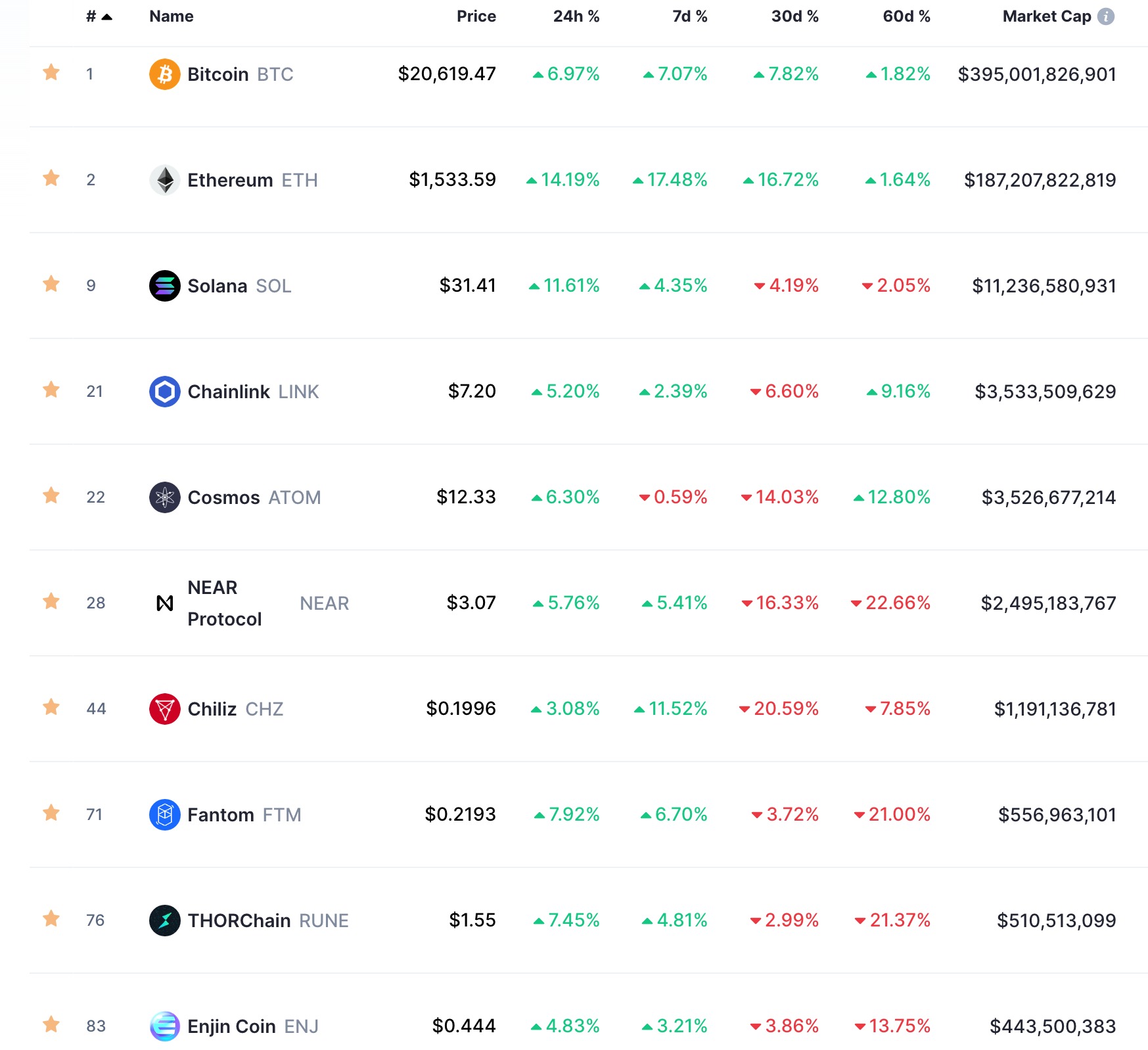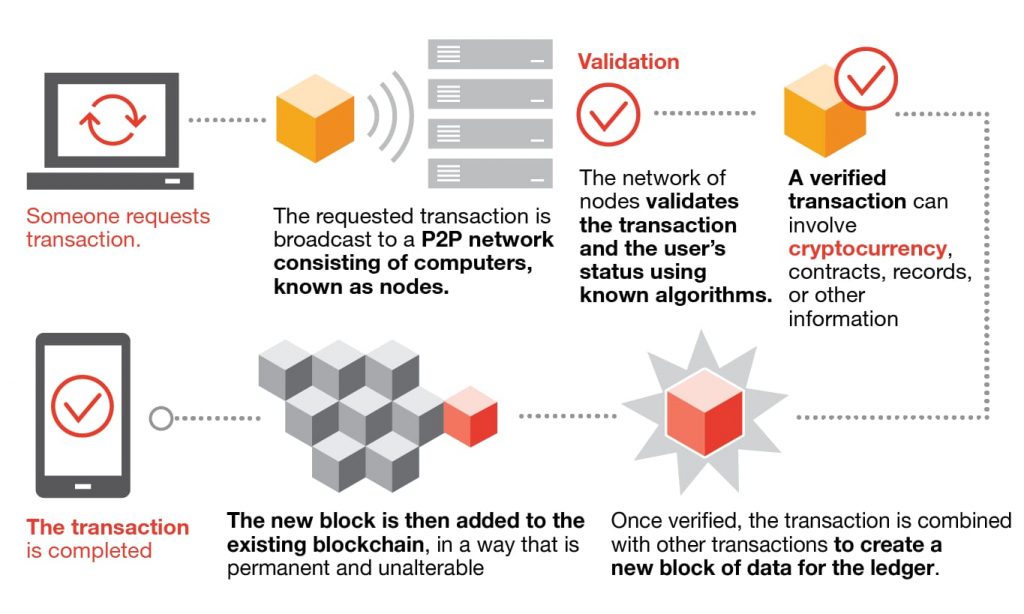Do all cryptocurrencies use blockchain
At the time of writing, we estimate that there are more than 2 million pairs being traded, made up of coins, tokens and projects in the global coin market https://review-casino-au.com/. As mentioned above, we have a due diligence process that we apply to new coins before they are listed. This process controls how many of the cryptocurrencies from the global market are represented on our site.
Crypto prices are calculated by averaging cryptocurrency exchange rates on different cryptocurrency trading platforms. This way, we can determine an average price that reflects cryptocurrency market conditions as accurately as possible.
Crypto market cap matters because it is a useful way to compare different cryptocurrencies. If Coin A has a significantly higher market cap than Coin B, this tells us that Coin A is likely adopted more widely by individuals and businesses and valued higher by the market. On the other hand, it could potentially also be an indication that Coin B is undervalued relative to Coin A.
The Bitcoin market cap is currently 2,045.90 billion. We arrive at this figure by multiplying the price of 1 BTC and the circulating supply of Bitcoin. The Bitcoin price is currently $ 102,997 and its circulating supply is 19.86 million. If we multiply these two numbers, we arrive at a market cap of 2,045.90 billion.

Do all cryptocurrencies use blockchain
A new and smaller chain might be susceptible to this kind of attack, but the attacker would need at least half of the computational power of the network (a 51% attack). On the Bitcoin and other larger blockchains, this is nearly impossible. By the time the hacker takes any action, the network is likely to have moved past the blocks they were trying to alter. This is because the rate at which these networks hash is exceptionally rapid—the Bitcoin network hashed at a rate of around 640 exahashes per second (18 zeros) as of September 2024.
The terms blockchain and cryptocurrency are often used interchangeably. Although similar, there are significant differences between the two. In the shifting digital world, understanding this technical jargon is essential. Let us discuss them in this blog.
The name blockchain is hardly accidental: The digital ledger is often described as a “chain” that’s made up of individual “blocks” of data. As fresh data is periodically added to the network, a new “block” is created and attached to the “chain.” This involves all nodes updating their version of the blockchain ledger to be identical.

A new and smaller chain might be susceptible to this kind of attack, but the attacker would need at least half of the computational power of the network (a 51% attack). On the Bitcoin and other larger blockchains, this is nearly impossible. By the time the hacker takes any action, the network is likely to have moved past the blocks they were trying to alter. This is because the rate at which these networks hash is exceptionally rapid—the Bitcoin network hashed at a rate of around 640 exahashes per second (18 zeros) as of September 2024.
The terms blockchain and cryptocurrency are often used interchangeably. Although similar, there are significant differences between the two. In the shifting digital world, understanding this technical jargon is essential. Let us discuss them in this blog.
All casinos accepting cryptocurrencies
The biggest factor making Tether casinos wildly popular is the lack of volatility that’s typically associated with digital currencies. It was launched in 2014 and today it is very sought after by high rollers who wager significant sums, such that value consistency becomes a high priority.
It is a cryptographic security protocol in which the transactions between the casino and the player are encrypted and can not be manipulated. It means an entirely fair gambling environment for gamblers.
Crypto casinos offer fast payouts, better privacy, and bigger bonuses, making them a great choice for players who want flexibility and the option to use digital currencies. On the other hand, FIAT casinos offer a familiar experience with traditional payment methods, are regulated, and are easily accessible to players worldwide.
When it comes to fast, simple, and high-stakes action, few games hit the mark like crypto dice. Just place a bet, guess whether the roll lands above or below a certain number, and see the results instantly. Some players try to work the odds with betting strategies, but since dice is pure chance, no system can change the outcome. Plus, with betting limits in place, chasing losses shouldn’t be an option. That’s why it’s key to stick to casinos like Cloudbet, where every roll is provably fair and fully transparent. With quick rounds, flexible bets, and instant payouts, dice is the go-to for anyone who wants straight-up action with no fuss.

